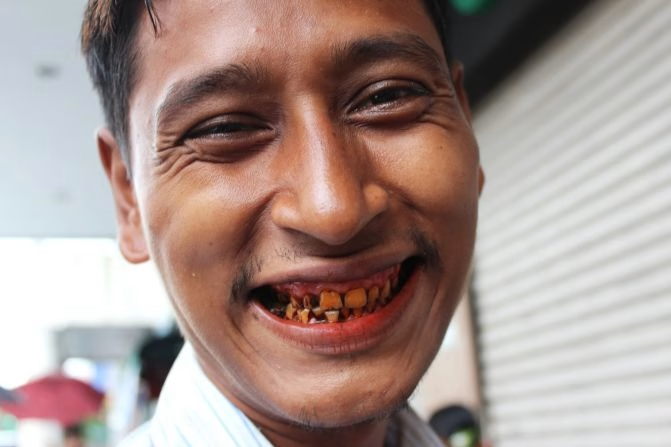Taiwan Seeks to Address Deadly Betel Nut Addiction

- Betel nut is important in Taiwanese traditions and consumed by workers for alertness.
- "Betel nut beauties" sell the nuts, supporting disadvantaged women.
- Taiwan produces 95,000 tons of betel nuts annually, ranking second after rice
Deeply embedded in the traditions and rituals of Taiwan’s indigenous peoples, betel nut, also known as areca nut, is widely consumed by blue-collar workers, including laborers and drivers, who chew it to stay alert during long hours. In some of the poorest regions, up to 17 percent of the population uses it regularly.
The consumption of betel nuts also provides a source of income for Taiwanese women from disadvantaged backgrounds. Known as “betel nut beauties,” these young women, often scantily clad, can be found along roadsides, preparing and selling the nuts to passing customers.
In Taiwan, hundreds of thousands of people rely on betel nuts for their livelihoods, with about 95,000 tons produced each year. This green nut ranks as the second most important agricultural product on the island, following rice.
Despite its cultural significance, local organizations argue that the government can no longer ignore the serious health risks associated with betel nut consumption. Research shows that using betel nuts can lead to oral cavity cancers, raising alarm among health advocates.
Betel nut chewers face alarming cancer risks; they are 123 times more likely to develop cancer compared to those who do not consume it. This statistic highlights the urgent need for public health initiatives aimed at raising awareness about these dangers.
As the awareness of health risks grows, calls for government intervention are intensifying. Advocates are pushing for policies that could limit consumption and provide support for those looking to quit.
While betel nut remains a cherished part of Taiwanese culture, the potential for harm is prompting a reevaluation of its place in society. Balancing tradition with health concerns presents a significant challenge for both the government and the community.






